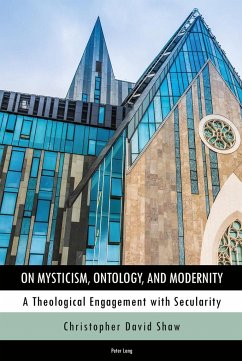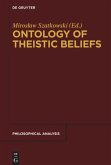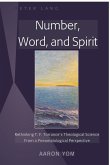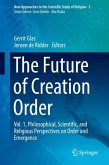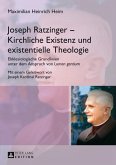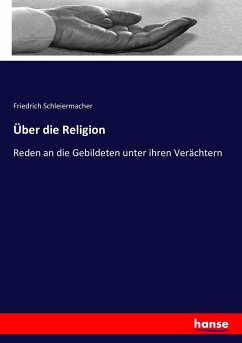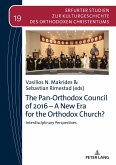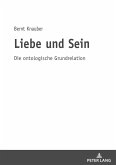This new study offers a serious and long-overdue examination of the unstable bifurcation between theology and secularity. Rather than understanding these two formative elements of culture to be in a constant state of opposition, the author chooses an alternative path toward their reconciliation. In this way, a constructive relationship is developed between secular and theological ideas wherein they symbiotically challenge one another in such a way as to create new and/or re-examined opportunities for thinking about God, the world, and, indeed, the self.
The book first of all embarks upon a hermeneutical reading of Meister Eckhart's defining statement that «Being is God» and ultimately arrives (via Kant, Hegel, Gadamer, Henry, and others) at a mystically informed understanding of God's presence both in the world and in the «heart and mind» of the human experience - an understanding that defies conventional categories and static cultural identities. It is an important study of the history, the present, and the future of religious thought, presenting a hopeful image of unity and love in a world that has been for too long divided by difference.
The book first of all embarks upon a hermeneutical reading of Meister Eckhart's defining statement that «Being is God» and ultimately arrives (via Kant, Hegel, Gadamer, Henry, and others) at a mystically informed understanding of God's presence both in the world and in the «heart and mind» of the human experience - an understanding that defies conventional categories and static cultural identities. It is an important study of the history, the present, and the future of religious thought, presenting a hopeful image of unity and love in a world that has been for too long divided by difference.

